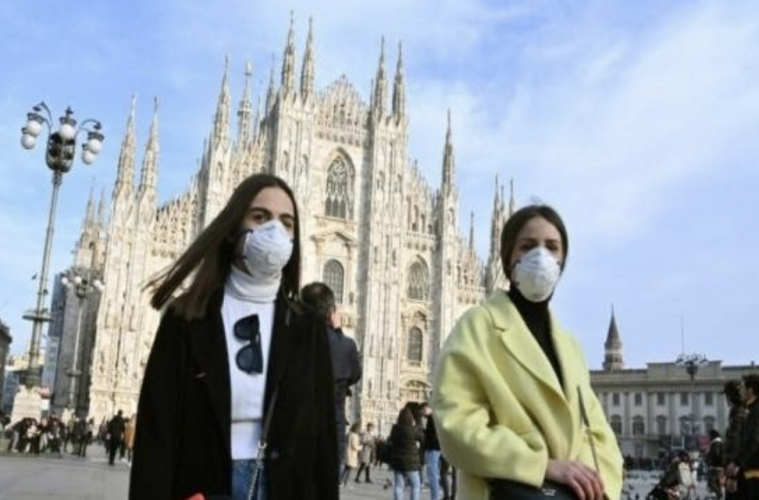The COVID-19 pandemic is dominating headlines, flooding social networks, and forcing governments around the world to impose partial or national lockdowns. It’s evident that the pandemic is impacting many sectors in the global economic system, and the travel industry isn’t an exception. Also, the outbreak has affected people’s lives in many ways.
The United States, the European Union Commission, and other nations are beginning to lift stay-at-home restrictions. Some countries are now lessening strict travel restrictions. All these reforms point to one thing: it will be possible to travel from country to country, region to region, and continent to continent.
Before you hit the road or book a flight…
Follow all the coronavirus prevention measures set by the governments, WHO, and CDC. Check your country’s health department’s official website to get reliable information about local restrictions intended to stop the spread of coronavirus.
The best way to prevent coronavirus when traveling is to avoid exposure. Keep a social distance of more than six feet, wear a face mask, and observe all other regulations set by the healthcare authorities. Avoid large gatherings or close contact with people who seem to have some symptoms.
Whether you decide to use a private jet or commercial airlines, get tested for coronavirus just to be sure you’re not a carrier. Remember, many countries around the world are working tirelessly to ensure that they don’t allow travelers with COVID-19. To prove that you’re not a carrier, get tested. You want to get your medical history documented, have a clear outline of your travel history, and adhere to the regulations set by the authorities in your target destination.
Check your insurance policy
One of the things you pay for and hope that you will never use it is insurance. But if you have travel insurance, it’s recommended to check with the insurance company about the specific issues covered. It would be best if you weren’t afraid to clarify anything about the policy.
Remember, travel insurance ensures that you are protected in case of unforeseen events. Therefore, check with your insurer to know what’s covered and what isn’t.
Get prepared for unexpected events
The world is changing, and it will take a long time before things could get back to normal. That means you should always be prepared for unexpected events. For instance, you might lose your credit card when traveling. Make sure all your valuables are safe and carry more cash than necessary. This way, you don’t have to be afraid of unexpected delays.
If you’re on medication, make sure you have enough of it. This way, you can be comfortable even when you get stuck abroad longer than you had planned.
Comply with the local authorities
Once you arrive at your destination, make sure that you follow the advice of the local authorities. This may include temperature checks, filling out health-related questionnaires, and more. If you are required to undergo self-isolation for two weeks, you should comply.
Keep in mind that you should stay safe and keep those around you safe during these unprecedented times. Act responsibly and adhere to all safety regulations to make the world a better place.

